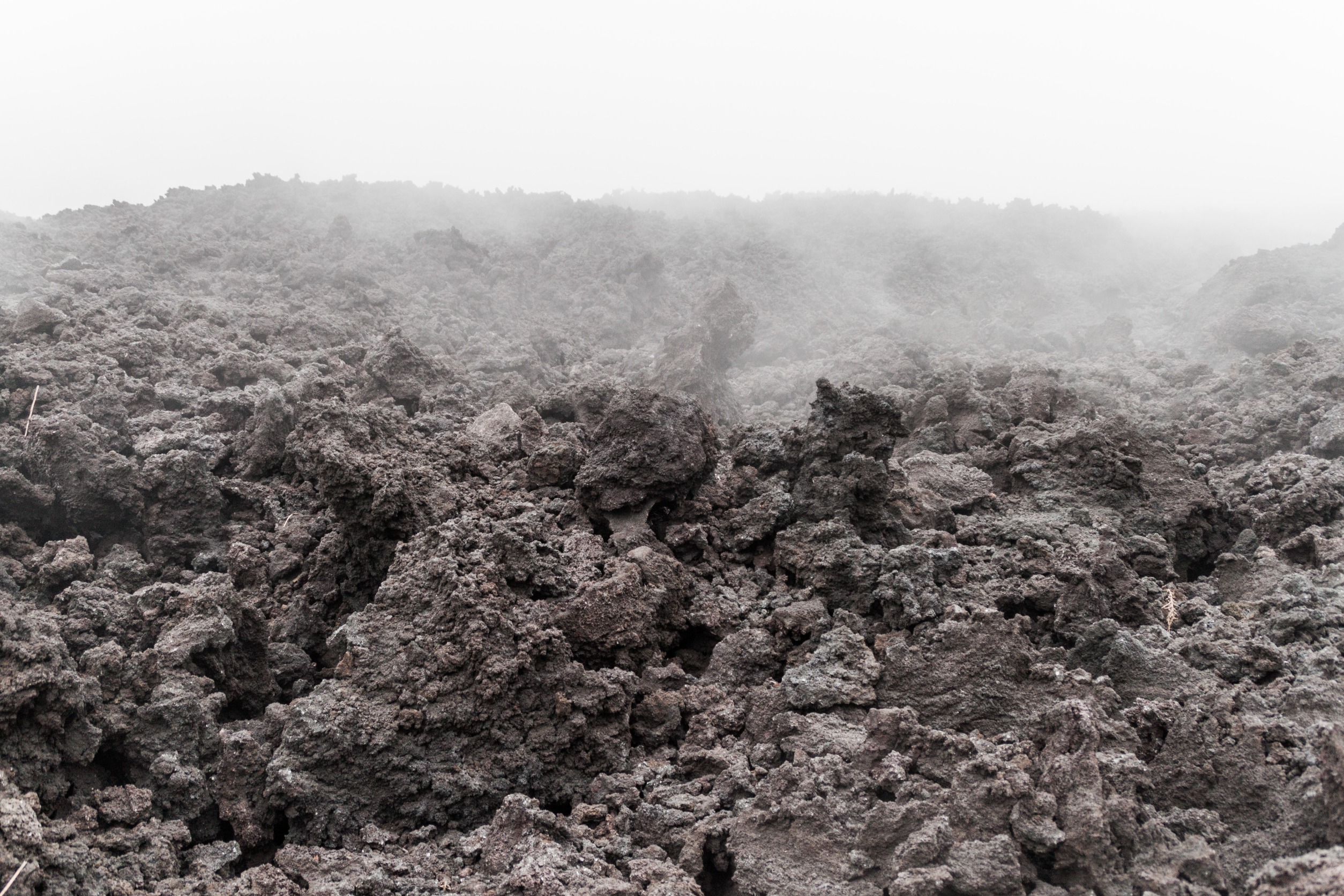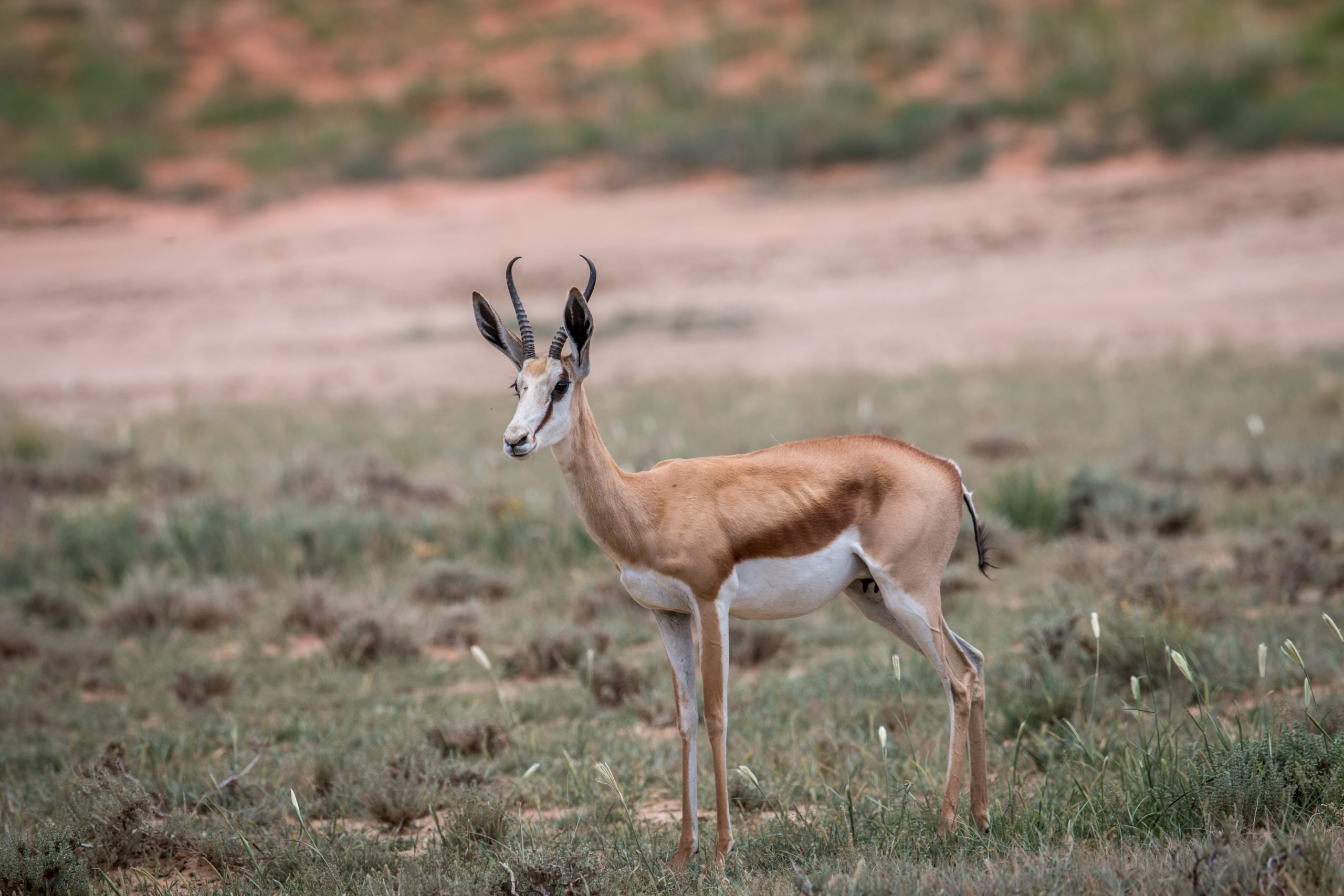You’ve probably heard that it’s bad to wash your hair too frequently, but how often is too often? Hair oil is natural and helps keep our hair from getting brittle and dry. Most people don’t need to wash their hair every day, and this guide will help you determine how often is right for you.
How to decide how often to wash your hair
There are a number of factors involved in hair care. Hair type, age, and lifestyle all have an impact, so let’s take a look at the different factors to consider.
Oil
The amount of oil your hair produces depends on age, genetics, sex, and environment. While oil is a natural occurrence, many people prefer to have clean hair if they’re headed to work or an important event. Teenagers and adults in their 20s and 30s produce the most sebum, so you will probably have to wash your hair more than you did as a child, but less as you enter middle age. Most people produce enough oil to wash their hair every couple of days, but those that produce less should opt for a less frequent wash schedule to avoid damaging hair.
Type of hair
Straight, thin hair generally needs to be washed more than curly, thick hair. This is because straight, thin hair becomes more easily coated with oil. Those with tight curls or textured hair should opt for once-a-week hair washing at most.
Sweat
Sweat can make your hair look and feel dirtier, plus it can add to hair odor. Wash your hair after sweaty workouts or anytime you wear a hat or helmet for extended periods of time. Those with demanding workout schedules can get away with skipping a wash here and there, by tying hair up or opting for just a rinse.
Physical dirt or pollen
If you’re gardening, hiking, or cleaning, your hair can capture physical dirt particles. These should be washed out to keep hair clean and to minimize allergies to pollen.
Styling products
Styling products can build up on the hair and scalp and cause irritation. If you use styling products frequently, you may need to wash your hair more often.
How do you know if you’re washing too much?
Most of us can tell when our hair is dirty, but how do we know if we’re washing too much? Dry hair, itching, and dandruff can actually be a sign of overwashing. Many people also find that their hair produces less oil when they get into a less frequent washing routine.
There’s no right answer
The bottom line is that there is no magic number for how many times a week or month you should wash your hair. Some people have embraced cleansing conditioners or water-only washing and only use the shampoo once a week. Others just don’t feel comfortable without an every other day shampoo.
Calculating your wash schedule based on your age, hair type, and lifestyle is a great starting point, but from there, experimentation is your best bet. If you have a few days without important commitments, take the opportunity to go for longer than you otherwise would without washing your hair and see how it feels. Remember to invest in conditioner as well and only shampoo your roots, not the full strand.












